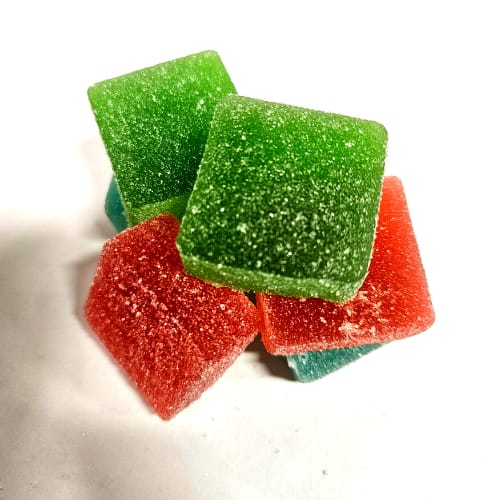Delta 10-THC and CBDV (Cannabidivarin) are two fascinating cannabinoids found in the hemp and cannabis realms. Their unique chemical compositions and effects set them apart, providing diverse experiences for consumers.
Delta 10-THC, commonly known as a THC variant, is the lesser potent sibling of the famous Delta 9-THC. While it does have psychoactive properties, it’s not as prevalent in the cannabis plant. Instead, its presence often comes from specific chemical conversions in labs.
In contrast, CBDV stands as a non-psychoactive cannabinoid, closely related to CBD. Certain cannabis strains, especially those with subdued THC levels, boast higher concentrations of CBDV. Its chemical structure might differ from CBD, but their interaction with the body’s endocannabinoid system seems quite parallel.
The main distinction between Delta 10-THC and CBDV? The former has psychoactive attributes, while the latter refrains. Their diverse chemical structures and varying concentrations in cannabis plants show the vast potential and complexities of cannabinoids.
Many States allow hemp derived cannabinoids under the 2018 Farm Bill as long as they contain less than .3% D9 THC. Some States have explicitly banned cannabinoids like Delta 8, so check your local rules and regulations before purchasing.
Here’s the rules for Kush.com and more details
Frequently Asked Questions (FAQs)
- What is Delta 10-THC and how does it stand against CBDV?
- Delta 10-THC is a cannabinoid variant predominantly found in hemp and cannabis plants. It mirrors Delta 9-THC in effects but is milder. CBDV, or Cannabidivarin, is another intriguing cannabinoid. It’s akin to CBD but boasts a slightly different chemical composition. Unlike Delta 10-THC, CBDV remains non-psychoactive.
- How do Delta 10-THC effects differ from CBDV?
- Delta 10-THC can induce psychoactive experiences, altering moods or consciousness. CBDV, however, remains neutral, impacting the endocannabinoid system without triggering a “high.”
- Are both Delta 10-THC and CBDV sourced from hemp?
- Absolutely. Both cannabinoids can be extracted from hemp. Yet, their concentrations might fluctuate based on the specific hemp strain.
- What’s the legal landscape for Delta 10-THC and CBDV?
- Their legality is a patchwork, depending on regional laws and guidelines. Typically, hemp-derived cannabinoids, with Delta 9-THC levels below 0.3%, are federally legal. Yet, local regulations should always be considered because some states have specifically banned cannabinoids like D10 / D8.
- How are Delta 10-THC and CBDV incorporated in hemp products?
- Their applications vary. Delta 10-THC often graces products like vapes, tinctures, and edibles due to its psychoactive nature. CBDV, conversely, is a staple in oils and creams, prized for its non-psychoactive interactions with the endocannabinoid system.
Shop
- 150mg D9 .3% compliant Nerd Ropeon May 9, 2024 at 10:42 am
Nerd Rope Candy. You can choose 500mg-1000mg D8, HHC, or a mix. Also 150
- 30mg CBD VEGAN gummieson May 9, 2024 at 10:42 am
100% Vegan hemp derived 30mg CBD gummies large 4ML. All-natural terpene
- 50mg Vegan Delta 8 gummies BEST ON KUSHon May 9, 2024 at 10:42 am
50mg Delta 8 in these fantastic tasting vegan gummies!
- 100mg per VEGAN Delta 8 Gummieson May 9, 2024 at 10:42 am
100% Vegan hemp derived 100mg delta 8 gummies large 4ML. Orders 5000-999
- 2500mg CBD Pain salve 2ozon May 9, 2024 at 10:42 am
2500MG CBD salve made with shea butter and 100% pure bees wax. Perfect f
Similar Product Searches You Might Be Interested In:

